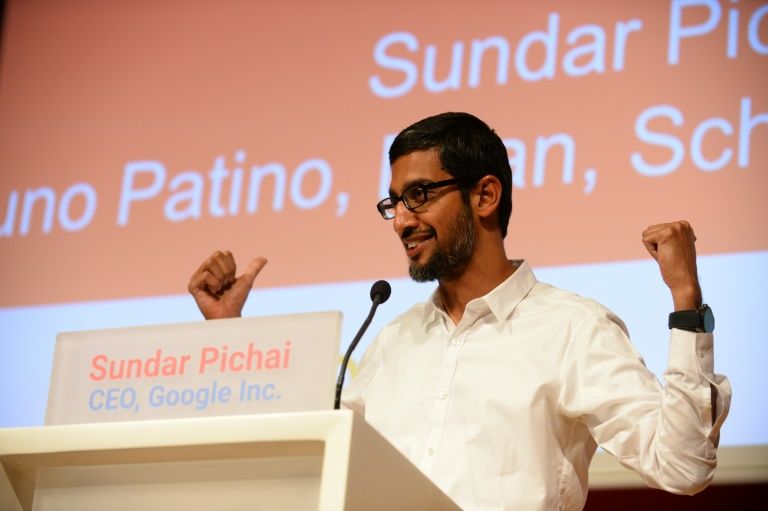Google has been the game changer and sometimes the pace-setter when it comes to consumer-end software production. Its mobile operating system Android now in use across billions of mobile devices across the world threw a tail-spin in the world of smartphones.
Although Microsoft leads in the desktop space with its Windows OS, followed at a distance with Apple with its Mac OS; and yes the other Linux distributions coming in at third place. Google’s Chrome OS is getting noticeable tractions, and an increasing number of end-consumers are warming up to Chromebooks. Especially with the Chrome OS now being able to run more apps offline, and even some Android apps right on its desktop ecosystem.
It now appears Google is baking a new Operating System, and not surprisingly it is open source. That is if the new page on GitHub is anything to go by; the code-sharing site by Google has a new page alluding to this new OS referred to as Fuchsia.
Experts say the codes shared indicated that this Fuchsia is not based on Android, and neither is it build on the Linux kernel. It is simply described as ‘Pink + Purple = = Fuchsia (a new Operating System)’.
Google is keeping tight lips on Fuchsia, as there has been no official communication from the company to any news outlets. Although there was one employee from Google Brian Swetland who said on the IRC chat log shared by Hacker News, “The decision was made to build it open source, so might as well start there from the beginning.”
What’s Fuchsia For?
There are already speculations doing rounds across the internet trying to answer that question.
Android Police, a renowned tech blog that was among the first to report about Fuchsia thinks it’s an OS for the Internet of Things (IoT). Given neither Android nor Linux is ideal for IoT. To them, Google is coming with a new OS specifically addressing the shortfall Linux and Android have as far as IoT is concerned.
Hackers News believes Fuchsia will be designed for augmented reality. In part, the tech blog site speculates: “You want an RTOS for loss and predictable latency. And current GUIs aren’t really suited to 3D environments you can walk around inside. This is Google’s next Android, with a low latency rendering pipeline for the next generation of mobile devices.”
PC World is playing around with the Idea that Fuchsia will be the hybrid that will unify Chrome OS and the Android OS. Nick Mediati from PC World thinks: “One possibility I see is where Google uses Fuchsia instead of Linux as the underpinnings for next-generation versions of Chrome OS and Android. That is, both would use some form of Fuchsia – or the Magenta kernel – as the underlying basis of the two operating systems (as well as the operating system for other Google devices such as the Chrome cast).”



